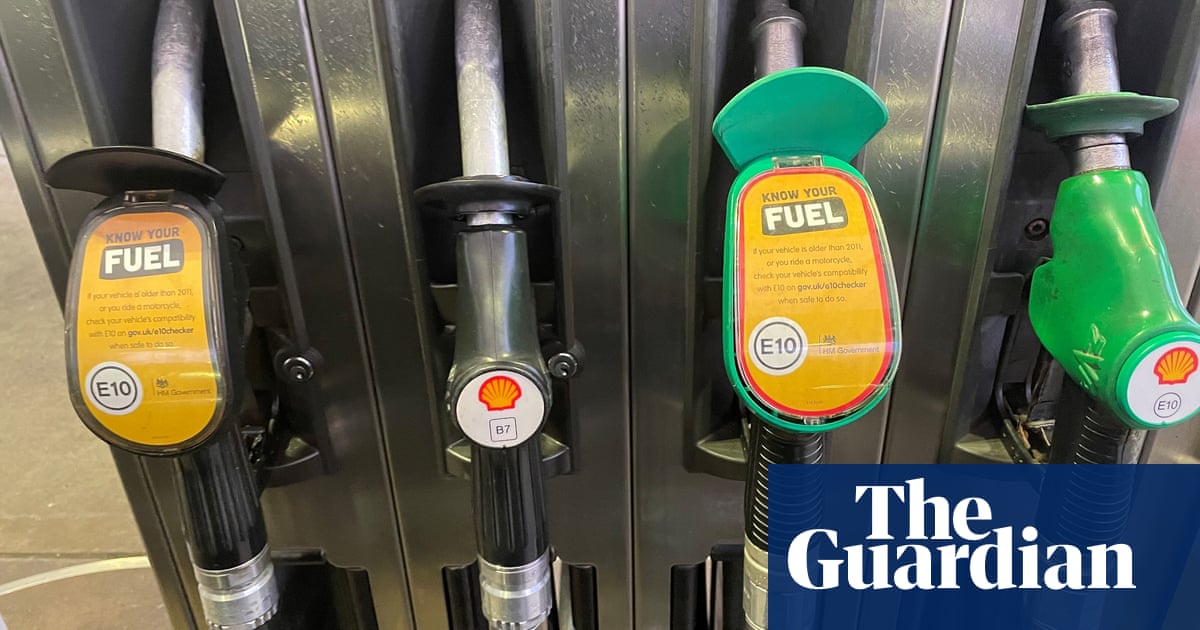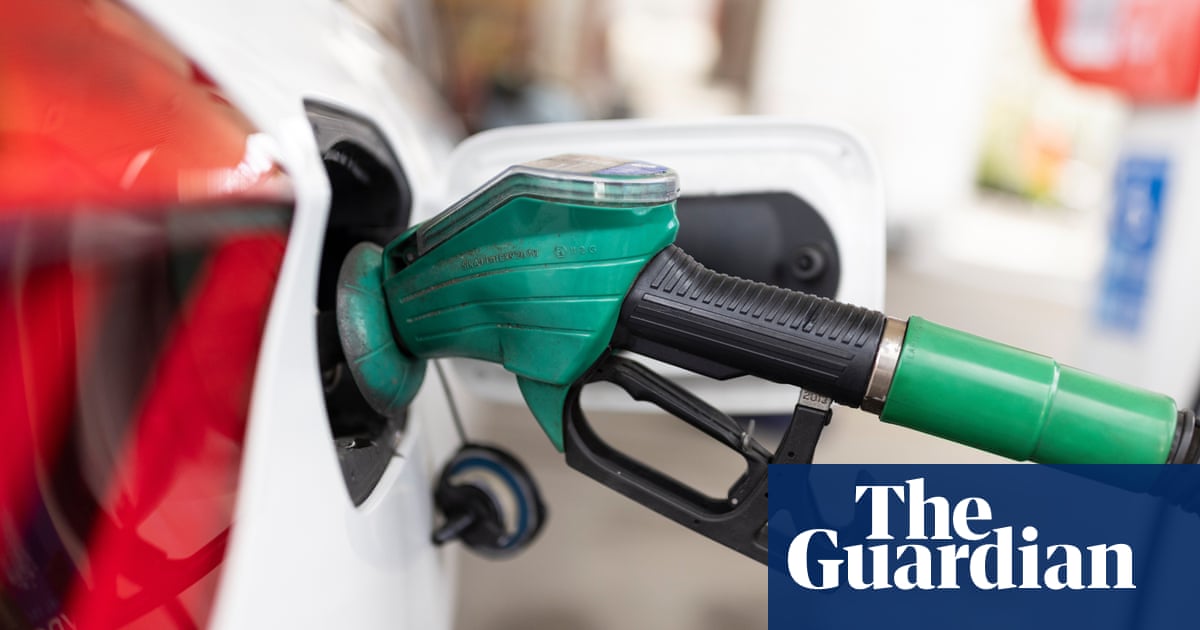
The price of petrol at UK pumps has passed £1.40 a litre, its highest point in almost a decade, increasing the pressure on consumers as inflation bites.
Average forecourt prices were last this high in September 2012, and are 2.5p a litre from the all-time high in April of that year when global oil prices soared.
Rapidly rising wholesale oil prices have compounded the supply chain problems hitting forecourts. After the queues for fuel and shortages of the past few weeks, petrol is once again largely freely available – but costing an average 5p a litre more than in September.
According to AA figures, the average price of unleaded petrol is 140.22p a litre, with diesel at 143.42p.
Luke Bosdet, the AA’s fuel price spokesman, said the organisation was “particularly concerned about where diesel is going” after the wholesale price rose by 10p a litre since mid-September. Pump prices for diesel have risen by 5p a litre since September, suggesting further increases lie ahead given that they lag the wholesale cost, Bosdet said.
The Petrol Retailers Association had warned that higher prices at the pumps would quickly ensue after motorists emptied many stations, leaving stocks low or non-existent. The body, which represents independent forecourts, stressed that price rises were not down to any “profiteering” by retailers during the panic-buying crisis but were because of global factors.
Brent crude oil has doubled in price over the last 12 months, from $42 (£30.50) in October 2020 to $84, as demand has soared while Russia and the Opec countries cut output. The pound has weakened slightly against the dollar in recent months, making it more expensive again for UK retailers.
The cost of filling the tank has grown by more than a quarter in a year in Britain, compounding misery for consumers facing higher energy bills and food price increases, and adding to inflationary pressures that could in turn prompt higher interest rates.
Spiralling petrol costs may increase the appeal of electric vehicles, whose running costs are minimal, although the purchase price of new battery electric cars is higher. A record 33,000 EV cars were sold last month, 15% of all new vehicles registered.
Record prices will likely further remove any possibility of the chancellor increasing fuel duty, which has been frozen since 2012.












